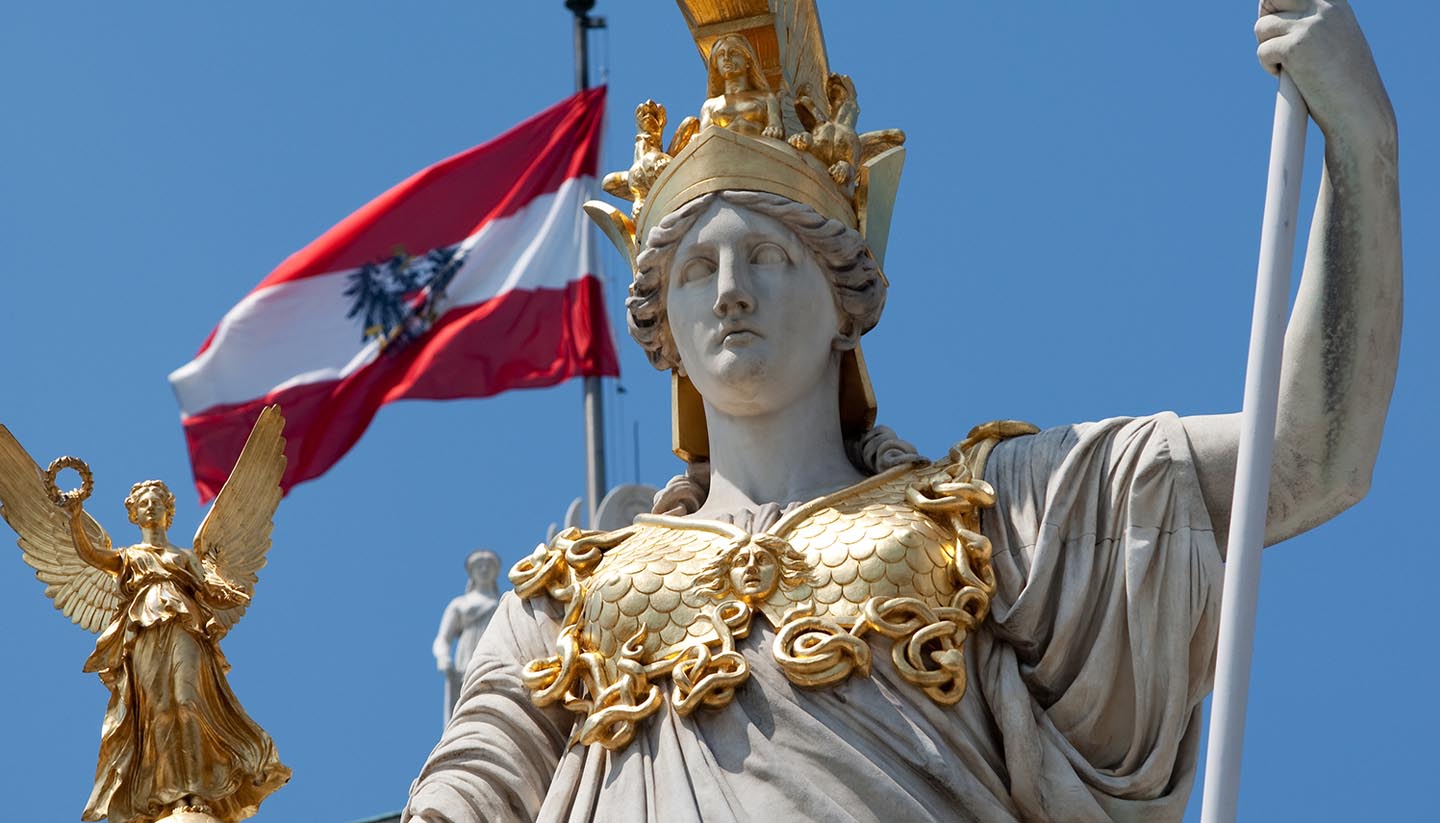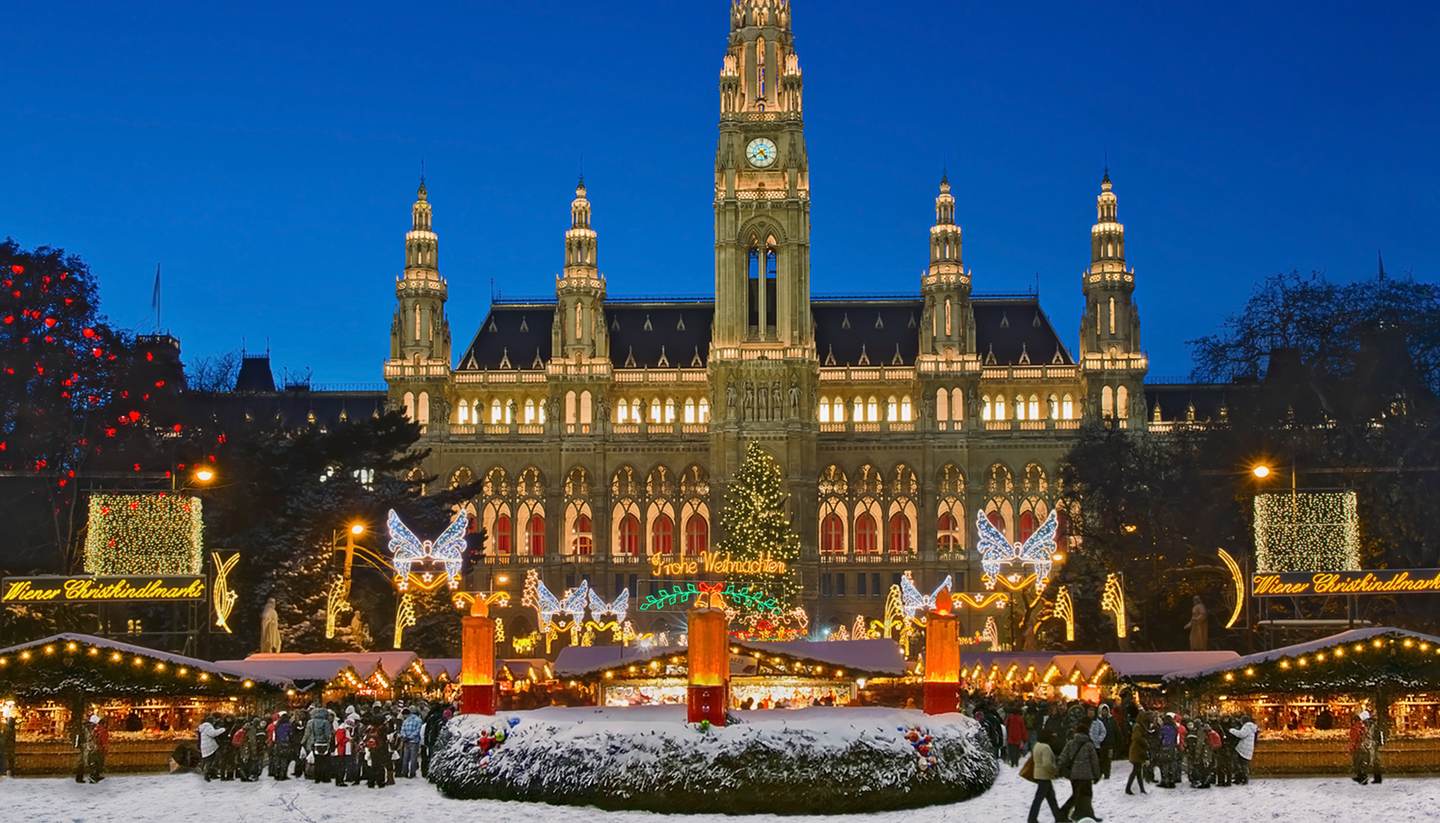Money and duty free for Austria
Currency and Money
Currency information
Euro (€) = 100 cents. Notes are in denominations of €500, 200, 100, 50, 20, 10 and 5. Coins are in denominations of €2, 1 and 50, 20, 10, 5, 2 and 1 cents.
Credit cards
Major credit cards are accepted in large cities. However, some smaller hotels may require bills to be paid in cash.
ATM
ATMs are available throughout Austria, especially in the major towns and cities. Most accept all of the major bank cards, including Visa and American Express. In Austria ATMs are called Bankomats and can be identified by a sign with a green stripe above a blue stripe.
Travellers cheques
These are widely accepted. To avoid additional exchange rate charges, travellers are advised to take traveller's cheques in a major currency (Euros, US Dollars, Pounds Sterling).
Banking hours
Mon to Wed and Fri 0800-1230 and 1330-1500; Thurs 0800-1230 and 1330-1730. Different opening hours may be kept in the various federal provinces. The exchange counters at airports and at railway stations are generally open from the first to the last flight or train, which usually means 0800-2200 including weekends.
Currency restrictions
There are no restrictions on the import or export of local or foreign currency. However, amounts exceeding €10,000 or equivalent must be declared if travelling from or to a country outside the European Union.
Currency exchange
Foreign currencies and traveller's cheques can be exchanged at all banks, savings banks and exchange counters at airports and railway stations at the official exchange rates.
Austria duty free
Overview
Austria is within the European Union. If you are travelling from outside of the EU, you are entitled to buy fragrance, skincare, cosmetics, Champagne, wine, selected spirits, fashion accessories, gifts and souvenirs - all at tax-free equivalent prices.
Austria's duty-free allowance for travellers from EU countries:
If you are over 17 years old, you are free to buy and take certain goods with you when travelling between EU countries, provided you have paid tax on these goods, and they are for your own personal use (not for sale). However, if you bring in more than the following, customs officials are likely to question you:
• 800 cigarettes or 400 cigarillos or 200 cigars or 1kg of tobacco or 800 tobacco sticks for E-cigarettes.
• 90L of wine (including up to 60L of sparkling wine).
• 110L of beer.
• 10L of alcoholic beverages stronger than 22% or 20L of fortified or sparkling wine or other liqueurs up to 22%.
* However, visitors from Hungary can bring 300 cigarettes. Any cigarettes in excess of this quantity are subject to tobacco duty.
**These provisions also apply for entries from Northern Ireland.
***Entries from the Faeroe Islands, Greenland, Helgoland, Büsingen, Ceuta and Melilla are treated the same way as entries from non-EU countries.
****For entries from the Åland Islands, France’s overseas territories, the Channel Islands and the Canary Islands the provisions regarding entry from non-EU countries only apply in connection with other import charges.
Beware that each EU country has different rules for travellers under 17 years old. Please check before you travel.
Austria's duty-free allowance for travellers from non-EU countries:
If you are arriving from a non-EU country, the following goods may be imported into Austria by travellers with a minimum age of 17 years without incurring customs duty:
• 200 cigarettes or 100 cigarillos or 50 cigars, 250g of tobacco or 800 tobacco sticks for E-cigarettes or a proportional mix of these products.
• 1L of spirits over 22% or 2L of fortified wine or spirits up to 22% or a proportional mix of these products.
• 4L of non-sparkling wine and 16L of beer and 1L of spirits over 22% volume or 2L of alcoholic beverages less than 22% volume or a proportional mix of these products.
• Medicinal products sufficient for your visit.
• Other goods up to a value of €430 for airline travellers or €300 for other travellers per calendar day (reduced to €150 for children under 15).
Via Switzerland
If you travel from one EU Member State to another EU member state and pass through Switzerland, you can carry with you goods to the extent that they are for your own personal use without incurring duties. When exceeding the duty-free allowance, the goods have to be declared when entering Switzerland. The Swiss authorities may require a guarantee which will be returned to you when leaving the country. When returning to the EU you have to declare the goods again. No fees will be charged if you can prove that the goods are brought in from another EU country and are intended for your own personal use.
Banned Imports
Restricted imports include animals, plants and food products. Travellers may not import medicines other than prescribed drugs for personal use. If bringing a weapon and ammunition into Austria, you must hold a European Firearms Pass. The import of certain weapons, such as knuckle dusters or pump-action guns, is banned. The import of counterfeit goods is banned.
Travellers from non-EU countries should not bring meat and dairy products, plants or cultural goods unless they have the appropriate certificate to do so.




